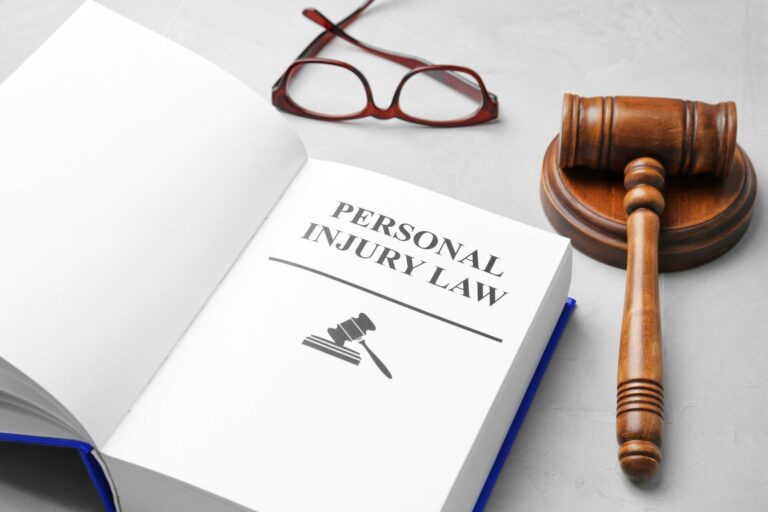Legal Expertise: Tips for Finding Reliable Lawyers
Finding a reliable lawyer can make all the difference when faced with legal issues. Whether you need assistance with a personal matter, business issue, or any other legal concern, having the right attorney by your side can ensure that your rights are protected and that you receive the best possible outcome. Here are some essential tips to help you find a trustworthy and competent lawyer.
Understanding Your Legal Needs
Identify Your Legal Issue
Before you start searching for a lawyer, it’s crucial to understand the nature of your legal issue. Lawyers specialise in different areas of law, so knowing what type of legal assistance you need will help you find the right expert. Common legal specialisations include:
- Family Law: Divorce, child custody, and adoption cases.
- Criminal Law: Defense against criminal charges.
- Corporate Law: Business-related issues and transactions.
- Personal Injury Law: Compensation for injuries from accidents.
- Estate Planning: Wills, trusts, and probate matters.
Determine the Complexity of Your Case
The complexity of your case will influence the type of lawyer you need. For straightforward matters, a general practitioner might suffice. However, for more complex or specialised issues, it is best to seek a lawyer with specific expertise in that field.
Finding Potential Lawyers
Ask for Recommendations
Personal recommendations are among the best ways to find a reliable lawyer. Ask friends, family members, or colleagues if they can refer you to a lawyer they have had a positive experience with. Personal referrals can provide valuable insights into a lawyer’s competence, communication skills, and professionalism.
Utilise Legal Directories
Legal directories can be a helpful resource in your search for a lawyer. These directories provide detailed information about lawyers, including their areas of specialisation, experience, and client reviews. Look for directories that are well-regarded and trusted within the legal community.
Online Research
The internet is a powerful tool for finding potential lawyers. Many law firms have websites that provide information about their services, areas of expertise, and client testimonials. Additionally, online reviews and ratings give you an idea of a lawyer’s reputation and reliability.
Evaluating Potential Lawyers
Check Qualifications and Experience
When you have a list of potential lawyers, it’s essential to check their qualifications and experience. Look for the following:
- Education: Ensure the lawyer has graduated from a reputable law school.
- Bar Admission: Verify that the lawyer is licensed to practice in your jurisdiction.
- Experience: Consider how many years the lawyer has been practising and their experience with cases similar to yours.
Schedule Consultations
Most lawyers offer initial consultations, which can be an excellent opportunity to assess their suitability for your case. During the consultation, consider the following:
- Communication Skills: A good lawyer should be able to explain legal concepts clearly and answer your questions in a way you understand.
- Professionalism: Observe the lawyer’s demeanour and how they handle your concerns. Professionalism and respect are critical indicators of a reliable lawyer.
- Fees and Costs: Discuss the lawyer’s fee structure and any additional costs you might incur. Make sure you understand their billing methods and payment expectations.
Ask About Their Approach
Different lawyers have different approaches to handling cases. Some may prefer aggressive tactics, while others might focus on negotiation and settlement. Choosing a lawyer whose approach aligns with your preferences and the nature of your case is essential.
Importance of Local Expertise
Familiarity with Local Laws
When dealing with legal matters, hiring a lawyer familiar with the local laws and regulations is often beneficial. For instance, finding Sydney lawyers can be advantageous if you’re in Sydney. Local lawyers will better understand the legal landscape and any regional nuances affecting your case.
Accessibility and Convenience
Hiring a local lawyer also means more accessible access to meetings and consultations. Face-to-face meetings can enhance communication and ensure that you stay informed about the progress of your case.
Making Your Decision
Trust Your Instincts
After gathering all the necessary information and meeting with potential lawyers, trust your instincts when making your final decision. Choose a lawyer you feel comfortable with and confident in. Your lawyer will be your advocate and advisor, so it’s essential to have a good working relationship.
Review the Retainer Agreement
Once you’ve chosen a lawyer, carefully review the retainer agreement before signing. The contract should outline the scope of services, fee structure, and other essential terms. Make sure you fully understand the deal and ask for clarification if needed.
Ongoing Communication
Effective communication is crucial throughout your legal process. Ensure that your lawyer is responsive and keeps you updated on any developments in your case. Regular communication can help alleviate concerns and ensure your case progresses as expected.
Conclusion
Finding a reliable lawyer requires careful consideration and research. By understanding your legal needs, seeking recommendations, and evaluating potential lawyers based on their qualifications, experience, and approach, you can find a trustworthy attorney who will advocate for your best interests. Remember, whether you need family law assistance, criminal defence, or help with a business matter, having the right lawyer by your side can make all the difference in achieving a favourable outcome.







